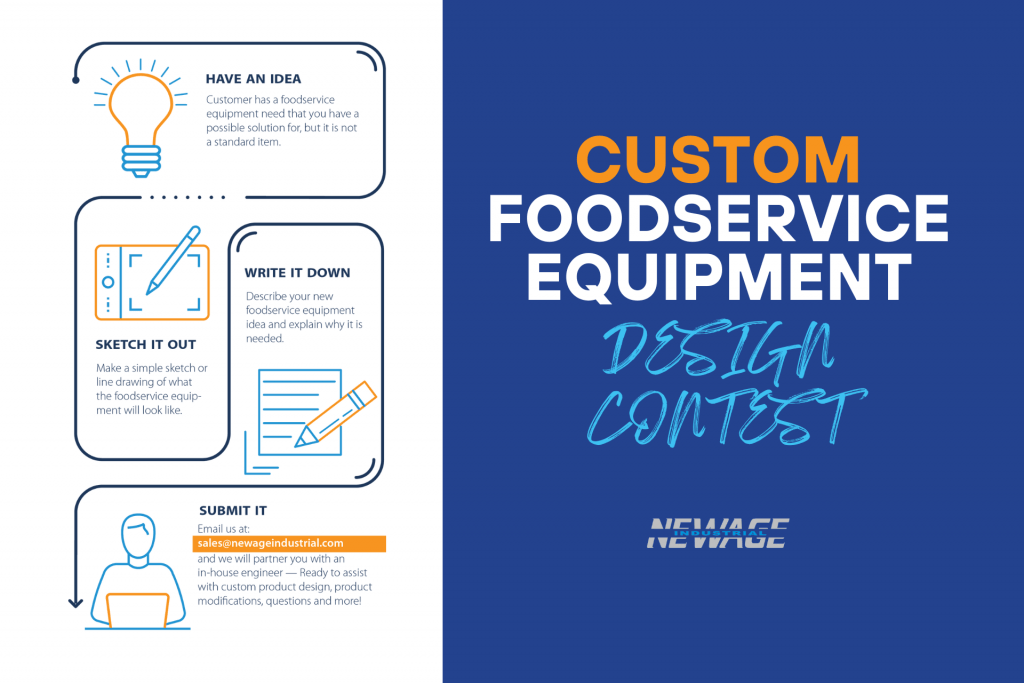
“We wanted to flip the traditional shift model on its head,” says Antony Woodcock, co-founder and chief executive of Gig, a platform that is essentially the Tinder of hospitality and retail.
Matching up those looking for shift-work, and businesses looking for shift-workers, the platform has so-far facilitated easy recruitment of part-time workers during periods where employers have felt the squeeze, including the holiday period.
Now, Woodcock has started to see a spike in the app’s popularity outside of the festive months. “Typically, temporary or casual work is seasonal within the hospitality industry, but we’re starting to see it come full circle,” explains Woodcock.
So, what exactly is the gig economy? And what does its rise mean for foodservice?
Defining ‘gig’
The premise of the gig economy is flexibility. Dictated by workers who want the freedom to work as and when they want or need to, the model is antithetical to the familiar 9-to-5.
Woodcock recognises that the demand for shift work has been largely driven by younger generations, with many students needing to earn money alongside furthering their own qualifications. “It’s the workers themselves that are pushing for that flexible change,” he says, before summing up the gig economy in a nutshell: “the gig economy is about flexibility and immediacy, and those are the features we align ourselves to.”
The reaction
The gig economy has generated some negative coverage in the last decade or so, with companies such as Uber attracting attention due to lawsuits brought against it since launch in 2009.
The contentious theme at the heart of the debate remains the same: workers’ rights. In a gig economy, where a shift-worker could be considered self-employed or even freelance, who becomes responsible for their rights?
“As a business,” says Woodcock, “we’re pitching flexibility, but we still have to be responsible. That’s why everyone on our platform gets holiday pay, and never earns less than national minimum wage. We’ve fallen to those regulations and we make sure that we abide by them.”
With the gig economy still developing, so too are ideas about employer vs. employee responsibility – which means that legislation surrounding these matters hasn’t necessarily caught up.
“I think there needs to be some clarity around that from the government. There’s some responsibility that should be taken to recognise that, yes, people are working more flexibly, so how do the regulations we have in place fit in with that?” says Woodcock.
What foodservice operators need to keep in mind is how regulations about shift work might begin to change, and whether their operating model is able to adjust to a growing gig economy.
Gigging in foodservice
Leading to the development of the Gig platform was Woodcock’s own experiences as an employer in the foodservice industry. Opening a sushi restaurant, Maki, with his brother Daniel, the siblings quickly realised the need for flexibility when managing employees.
“It was understanding through operating this restaurant – watching people change shifts or cancel shifts. All our staff were young, either pursuing other careers or at university, so everyone had this desire to work flexibly,” explains Woodcock.
Fast-forward a few years, and foodservice has quickly become a major sector for the gig economy to flourish. “With the various political and economic factors at play at the moment, it is becoming harder for employers to recruit directly,” he says, “so there are more and more vacancies out there at the moment in the foodservice industry, at all levels, and especially the low levels.”
What does this all mean for the future? Woodcock has predicted a middle ground: “I think we’ll end up with a split between the two,” he says. “A gig economy, and people just working in a more flexible way. I think this is how the future of the economy has to be.”
UPDATE 08/06/2018: On the 7th of February, 2018, the UK government announced planned changes to employment rights with the objective of improving conditions of workers, including those within the gig economy.
Antony Woodcock has commented on the government announcement: “As an employer of more than 7,000 gig workers in London, I welcome the new legislation and guidance.”
“However,” Woodcock continues, “we also need more nuanced discussion around the gig economy. While the likes of Uber and Deliveroo are no doubt significant players, it would be a mistake to assume they are typical of all businesses operating in the gig economy. Ours is a prime example of a business that can thrive within the gig economy whilst taking on proper responsibilities of an employer.”
Plans involve enforcing holiday and sick pay entitlements; giving all workers the right to demand a payslip; allowing flexible workers to demand more sable contracts; and further defining ‘workers’ as opposed to the ‘self-employed’. 52 of the 53 recommendations made by the Taylor Review – a report on the UK labour market by Matthew Taylor – will be acted upon, and in some cases the measures are planned to be taken further.
Emily Lewis




